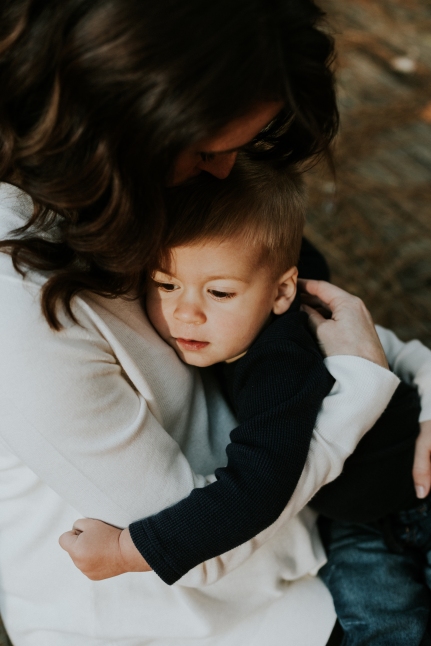“…if you’re a parent, it doesn’t matter if your child is five or 50 – you still worry.” ~ Heather Small
The plus sign or double pink lines on pregnancy tests should really be accompanied by a little note that reads, “Welcome to parenthood – the world of worry.” Because that’s when it all starts . . .
 While pregnant, you worry about the health and safety of your baby. You hold your breath while the ultrasound tech checks the strength of heart valves, counts ten tiny toes, and takes your sweet one’s measurements. You get butterflies as the doctor spends those first few seconds scanning the chart to check on the baby’s progress. But at that time, your worry appears to have an end point – birth.
While pregnant, you worry about the health and safety of your baby. You hold your breath while the ultrasound tech checks the strength of heart valves, counts ten tiny toes, and takes your sweet one’s measurements. You get butterflies as the doctor spends those first few seconds scanning the chart to check on the baby’s progress. But at that time, your worry appears to have an end point – birth.
You think, “Once my little one is in my arms and I can see him or her, those eyes, that mouth, and those little fingers wrapped around my thumb, everything will be all right – I won’t have to worry anymore.”
But then you learn that worrying about your child’s well-being doesn’t end at birth. It begins.
Unfortunately, sleepless nights don’t end when you’re out of the newborn phase. There’s just a different reason for them. What starts as worrying about feedings with a newborn changes to worrying about classmates in elementary school, which morphs into worrying about your teen texting while driving despite the million times you’ve told him or her not to. Worrying about the little ones we love is just part of parenting.
One worry many parents have as their little ones attend daycare or school, or are left with babysitters, is body safety and abuse. Unfortunately, there’s good reason to worry. The state of Alabama is in line with national statistics, which show that one in every 10 children will experience some form of sexual abuse before turning 18. That stat is staggering. But here’s the good news — we can do something. We can educate them and empower them.
* * *
For tips on how to make body safety another part of your family’s safety plan, check out my latest post on the Birmingham Moms Blog where Executive Director of the Children’s Hospital Intervention and Prevention Services at Children’s of Alabama gives some tips on key components to include in your family’s plan.
 Nothing strikes quite as much fear in the hearts of parents as the thought of having “the talk” with their child.
Nothing strikes quite as much fear in the hearts of parents as the thought of having “the talk” with their child.